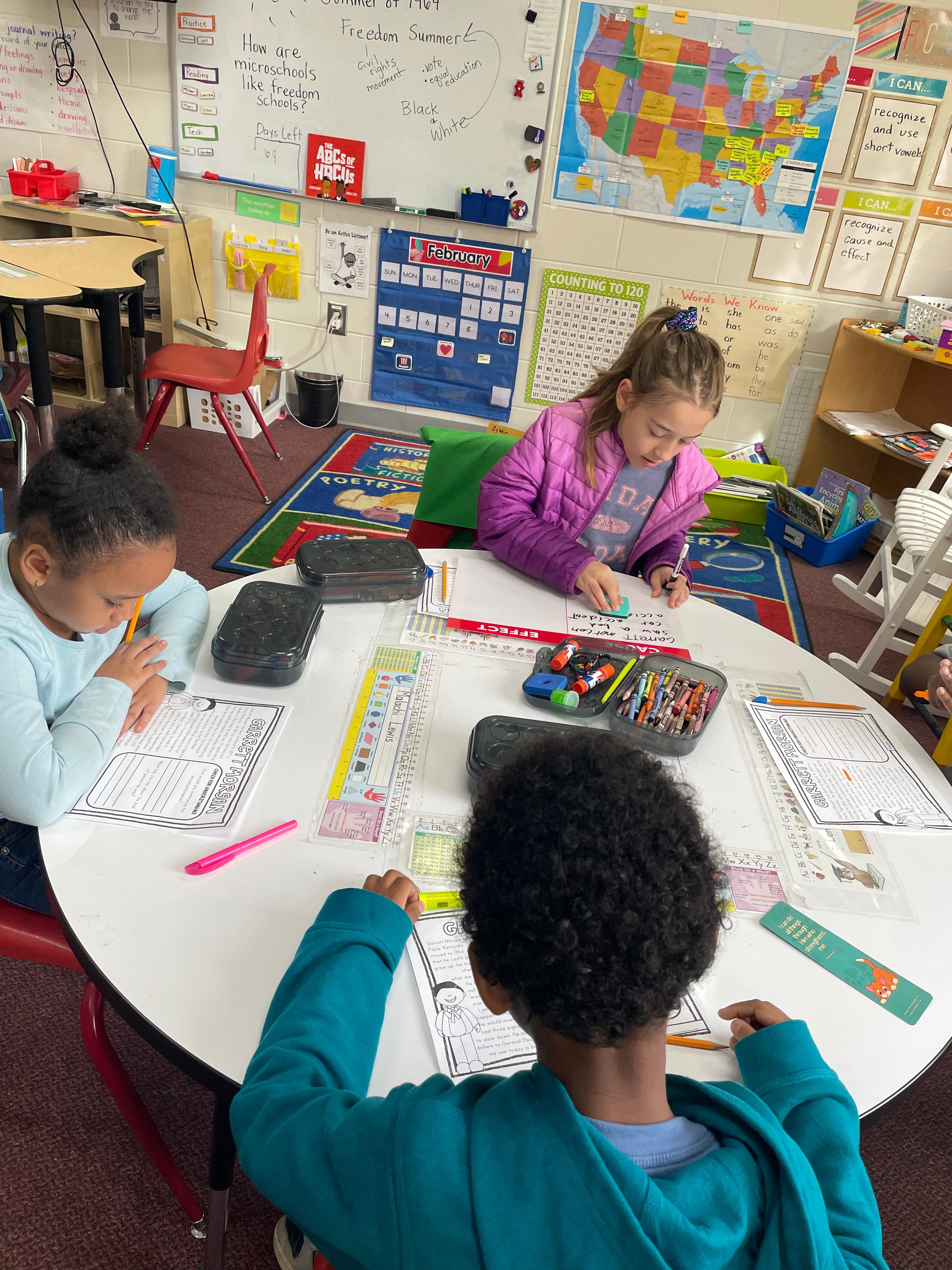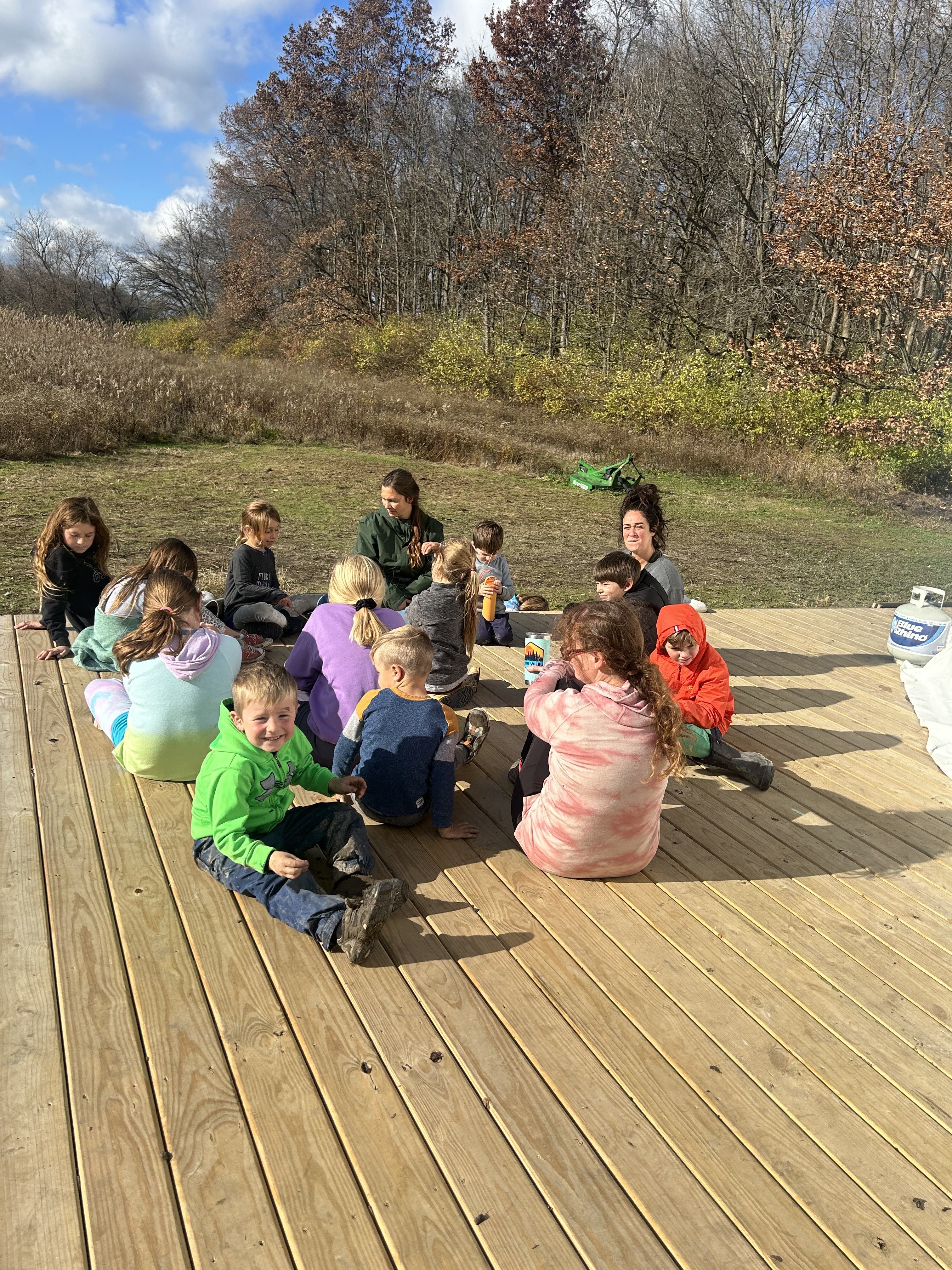3 min read
Self-Directed Learning Changes the Game: Questions for Founder Tobin Slaven
"Traditional school wasn't getting what our children needed for today's world, so we started one that does," explains the team leading Acton Academy...
3 min read
Dr. Tyler Thigpen : Feb 9, 2024 8:36:42 PM
.jpg)
At The Forest School: An Acton Academy, nestled within the heart of Trilith, a unique educational journey unfolds for children, guided by principles of self-directed learning, purpose education, real world learning, storytelling, character building, and holistic development. While our innovative approach offers boundless opportunities for exploration and growth, it also presents its own set of challenges for parents and caregivers navigating this unconventional educational learning model. Over the last six years, my team and I have watched closely as families adjust to innovative learning. In this post, I delve into the top 10 most common struggles encountered at The Forest School and explore how our dedicated staff work to support families through these obstacles.
Those are the top 10 challenges we hear from families. (Parents, did I miss any?)
Though navigating the challenges of The Forest School's unique educational approach may feel daunting at times, it is also immensely rewarding. By trusting the process and embracing a steadfast belief in the potential of each learner, parents and caregivers can support their children in embarking on a transformative journey of self-discovery and growth in a diverse-by-design, character-forging community.
Dr. Thigpen is Academic Director of the Leading School Transformation program at the University of Pennsylvania Graduate School of Education, and head of The Forest School and Institute for Self Directed Learning in Trilith south of Atlanta.

3 min read
"Traditional school wasn't getting what our children needed for today's world, so we started one that does," explains the team leading Acton Academy...

We offer a culturally inclusive STR(reading)EAM program that centers the voices of the global majority in our curriculum at The Ferguson School, a...

Can the nation’s nontraditional microschooling movement keep up the steady growth that has characterized its past four years in 2025? Yes. From the...